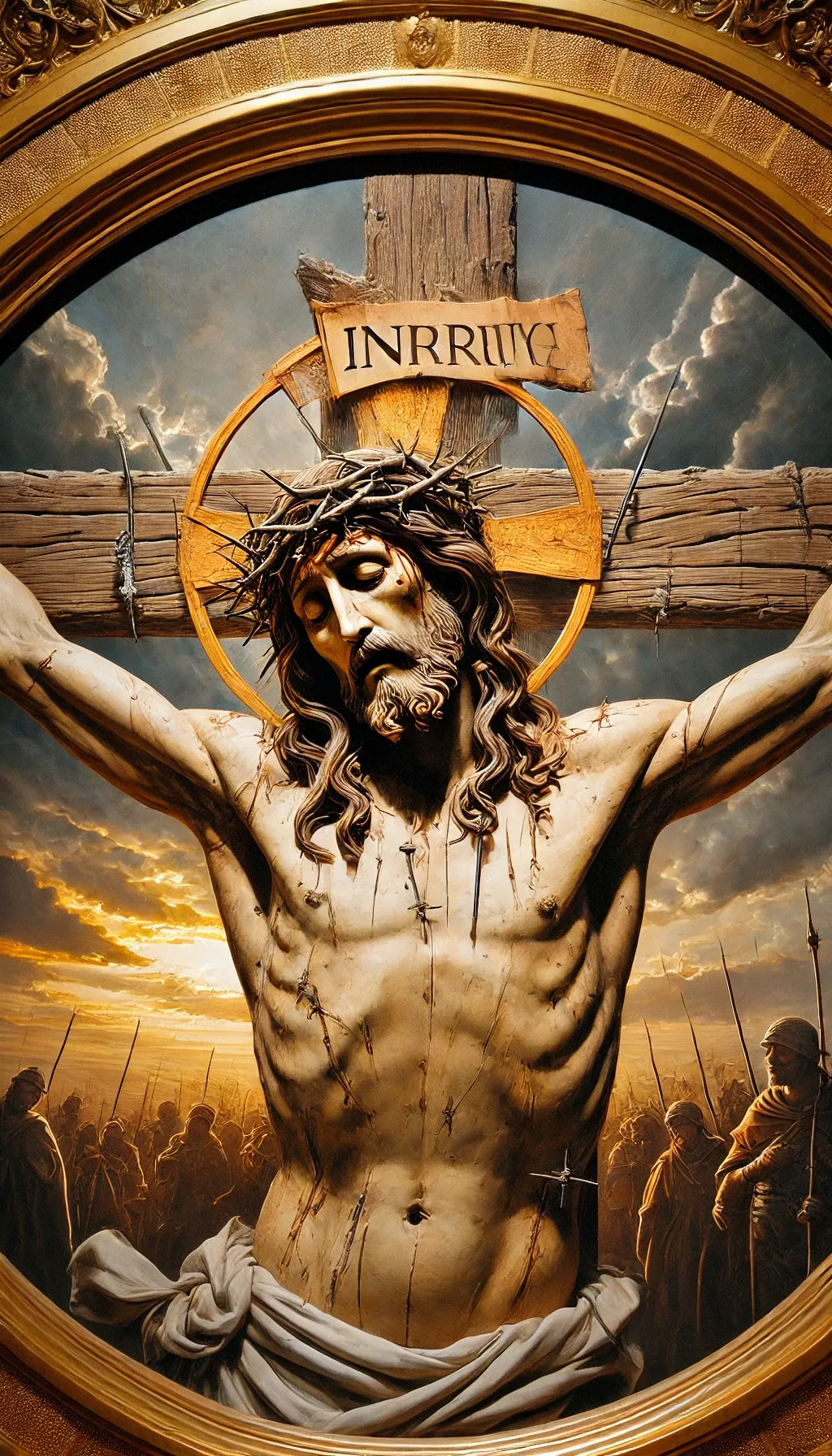The Death of God and the Muslim Jesus
The death of Jesus, as recounted in the Christian scriptures, stands as a focal point The crucifixion of Jesus forces us to grapple with the mystery of God's ultimate sacrifice.
The death of Jesus, as recounted in the Christian scriptures, stands as a focal point The crucifixion of Jesus forces us to grapple with the mystery of God's ultimate sacrifice.


by Dr. Tim Orr
Nietzsche's assertion of the "death of God" has sparked intense debate among believers, challenging traditional convictions in light of modern skepticism and secularism. His proclamation, "God is dead. God remains dead. And we have killed him," resonates in contemporary discussions, urging us to reconsider the relevance of faith amid scientific rationalism and societal change. Reflecting Enlightenment ideals, Nietzsche's critique questions traditional religious institutions, suggesting that Western civilization's embrace of rationalism and secularism has eroded traditional conceptions of divinity. The anthropomorphic portrayal of God in Judeo-Christian tradition appears increasingly discordant with modern sensibilities and scientific discoveries, prompting a reevaluation of theological doctrines in light of evolving understanding.
The death of Jesus, as recounted in the Christian scriptures, stands as a focal point for Nietzsche's critique, challenging conventional notions of divinity and power. The crucifixion of Jesus, with its paradoxical blend of suffering and redemption, forces us to grapple with the mystery of God's ultimate sacrifice. For Nietzsche, the idea of a God who willingly submits to human judgment, suffering, and death epitomizes the absurdity and folly of religious belief in the modern age.
Nietzsche's critique resonates with the Muslim community, particularly concerning the Christian interpretation of Jesus' death and resurrection. Surah 4:157–158 of the Quran explicitly rejects the notion of Jesus' crucifixion, posing a theological challenge to the Christian understanding of salvation through Christ's sacrificial death. The Islamic perspective on Jesus as a revered prophet underscores the profound theological differences between Christianity and Islam.
In response to Nietzsche's critique and similar challenges from other religious traditions, Christians affirm the centrality of Jesus' death and resurrection to their faith. The Apostle Paul, in his letter to the Corinthians, acknowledges the apparent foolishness of the message of the cross but asserts its profound significance for believers. Despite its paradoxical nature, Jesus's death embodies the ultimate expression of God's love, mercy, and redemptive purpose toward humanity.
To grasp the theological depth of Jesus' death, Christians often turn to the Old Testament, where the concept of sacrifice and atonement is firmly rooted. From the story of Adam and Eve's fall in the Garden of Eden to the sacrificial rituals prescribed in Leviticus, the Old Testament foreshadows the redemptive work of Christ on the cross. Prophecies in books such as Zechariah, Isaiah, and the Psalms anticipate the coming of a Messiah who will suffer and die for the sins of humanity, providing a rich tapestry of divine promise and fulfillment.
The crucifixion of Jesus, as chronicled in the Gospels, represents the culmination of God's grand plan for reconciliation and restoration. Jesus' sacrificial death is how humanity is reconciled with God, offering forgiveness, redemption, and eternal life to all who believe in Him. His victorious resurrection from the dead affirms His identity as the promised Messiah, ushering in a new era of spiritual renewal and hope for humanity.
In conclusion, the concept of the death of God, as elucidated by Nietzsche and mirrored in the Christian narrative of Jesus' crucifixion, prompts us to grapple with profound questions about the nature of divinity, the significance of suffering, and the promise of redemption. While Nietzsche's critique may unsettle conventional religious beliefs, Christians find Jesus's death and resurrection a beacon of hope and salvation. Far from signaling despair or meaninglessness, the death of God, as understood within the Christian tradition, symbolizes the transformative power of divine love and the assurance of eternal life for all who trust in Him.
Works Cited
Nietzsche, F. (1882). The Gay Science.
Scott, R. (2011). Questions Muslims Ask: What Christians Actually Do (and Don't) Believe. Lisle: InterVarsity Press.